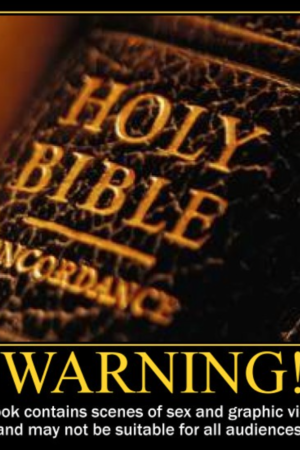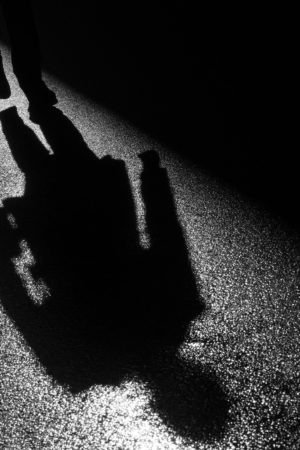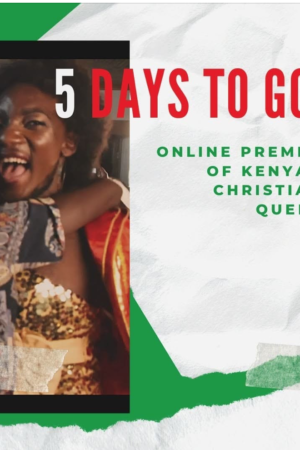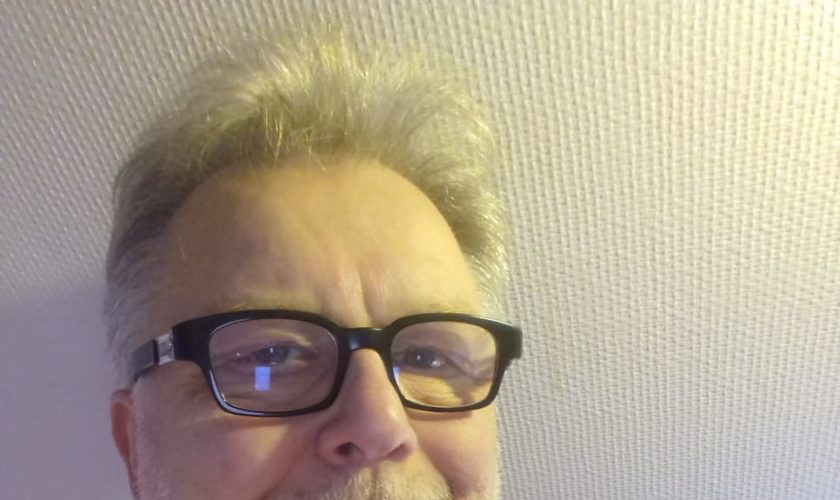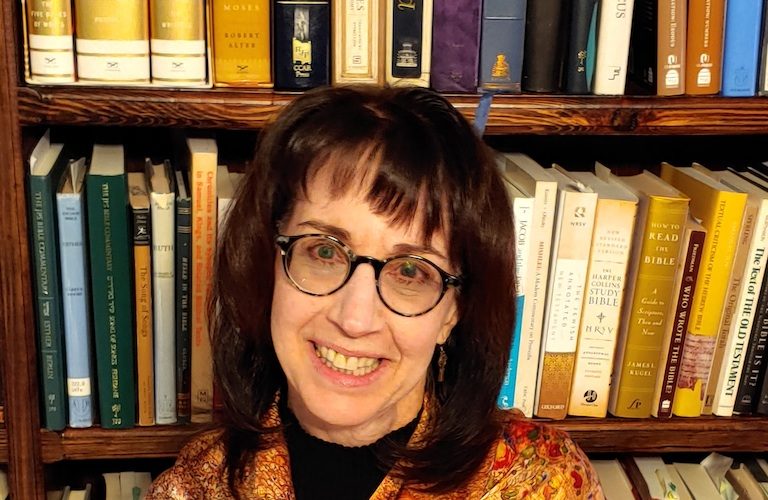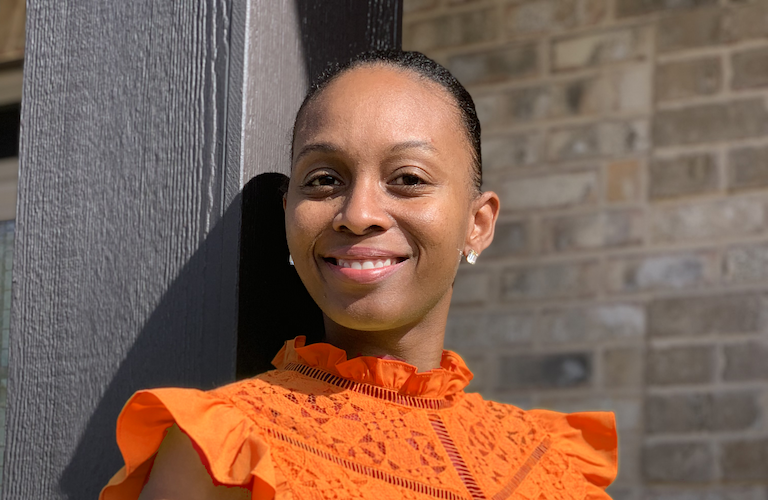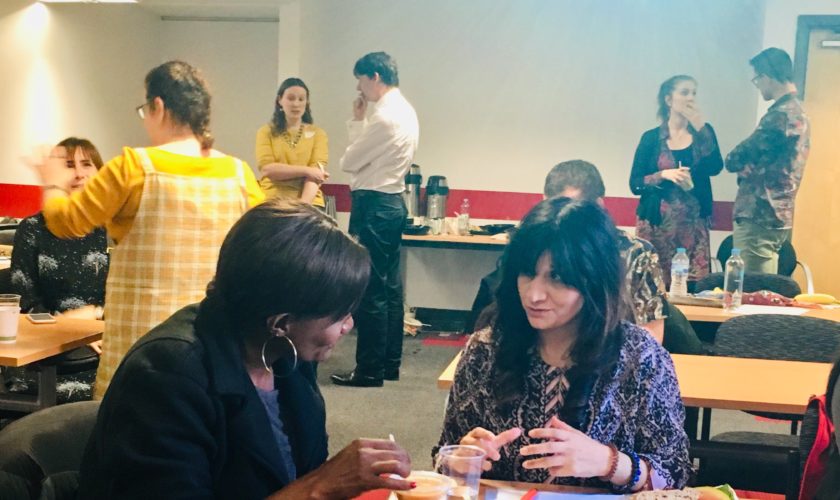Last year Dr Emily Colgan (Trinity Theological College, New Zealand) visited the UK and gave papers at the Universities of Leeds and Sheffield. For those who missed them, you can catch up by listening to the recording below.
Emily is an active Shiloh Project member and will be publishing a book with our project series Rape Culture, Religion and the Bible with Routledge Focus. Emily’s research on Christian self-help literature and gender-violence is published in the Christian Perspectives volume of the Rape Culture, Gender Violence, and Religion series edited by Caroline Blyth, Emily Colgan and Katie Edwards (Palgrave, 2018).

